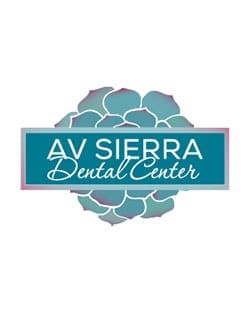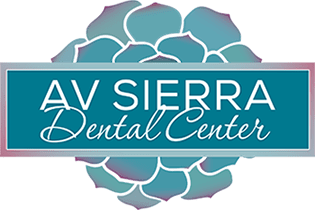Four Rare and Interesting Dental Anomalies

Four Rare and Interesting Dental Anomalies Everyone knows the saying, “Curiosity killed the cat.” Do cats have a saying for us? If they could talk, it would be along the line of, “Curiosity drives humans crazy until they find out what they’re looking for.” In the dental world, there are many fascinating cases and conditions to find out about. Here are four dental oddities that will more than satisfy your curiosity for the time being. 1. Tooth Fusion Teeth fusion happens when two separate teeth combine to become one bigger tooth. The teeth start out as two tooth buds, but join into one tooth above the gum. Other than the slightly bigger look of the tooth, you can also notice tooth fusion when the person has one less tooth than they should. 2. Concrescence Concrescence, similar to fusion, takes place when two teeth join; however, in this case, the cementum, which covers the roots of your teeth, fuses below the gum. Appearance-wise, the teeth look normal, but underneath the gums the roots are joined together. Anomalies like concrescence demonstrate why x-rays are very important. If one tooth needs to be extracted, but it is affected by concrescence, your dentist will need to perform surgery to separate the two teeth. While there are no health-critical issues involved with concrescence and fusion, your dentist should be aware of them and monitor them for cavities and other dental issues. 3. Hereditary Gingival Fibromatosis This condition’s name may be long, but thankfully it is a rare dental issue, affecting only one in 175,000 people. Hereditary Gingival Fibromatosis (HGF) occurs when your gums overgrow your teeth. There are varying degrees of HGF, but common symptoms include abnormal tooth movement as well as difficulties chewing and speaking. While HGF is not a life-threatening condition, it does need to be treated to improve quality of life. 4. Shark Teeth Shark teeth are actually more common than you’d think. They happen when children’s permanent teeth grow in before their primary (baby) teeth have fallen out, resulting in two layers of teeth, like a shark. Typically, shark teeth go away on their own. You just have to be patient and wait for the child’s body to do the work. However, if the permanent teeth have fully grown in, and the baby teeth have yet to fall out, the tooth roots may not dissolve on their own. If the teeth get to this point, contact your Palmdale, CA dentist to extract the baby teeth. If you or someone you know is affected by any of these dental rarities, there’s usually no need to worry. These conditions (except for HGF) most commonly happen to primary teeth, and the best thing you can do to address them is to go to your dentist for regular check-ups. Resources: https://www.ncbi.nlm.nih.gov/pmc/articles/PMC3354801/ https://dentistry.umkc.edu/Practicing_Communities/asset/AbnormalitiesofTeeth.pdf https://oasisdiscussions.ca/2015/07/30/fctg/
Use Your Dental Benefits Before the Ball Drops

The weather is finally turning, and you only have a couple of months left to get the most out of your yearly dental insurance. Visiting the dentist may not be on your annual to-do list, but it is key to maintaining optimal oral health. With the holidays — and all of those treats and sweets — on the horizon, now is the perfect time to prepare and protect your pearly whites so you can enjoy the celebratory season that lies ahead. Why Wait? Along with dental benefits, FSA (Flexible Spending Account) and HSA (Health Saving Account) benefits expire at the end of the year. If you haven’t met your yearly maximum, the remaining amount likely won’t roll over into the next year, and you’ll lose your opportunity to make the most of those dollars. Also, if your insurance plan includes a deductible you’ve already met, it only makes sense to reap the full value of your insurance now, before the next plan year, when you have to meet the deductible again. Benefiting From Your Benefits Taking advantage of your unused benefits could save you hundreds of dollars. Routine dental exams can prevent oral conditions that are costly to correct. There is also a good chance the cost of your dental insurance will increase in the new year. Remember, you’re paying for your insurance, so getting the most out of it at its current price just makes sense. What Can I Use My Benefits For? If you are not experiencing an oral health emergency, a preventive approach to your oral health will save you money and discomfort down the road. Scheduling a regular visit with your dentist gives them an opportunity to protect and fortify your teeth against any health threats. They can also identify early signs of decay or emerging periodontal disease. When caught in the early stages, the effects of both of these conditions can be stopped and, in some cases, reversed. Consider These Treatments If you don’t need extensive work, consider using your remaining insurance benefits for the following: Cleanings Fluoride treatments Sealants Periodontics To find out more about how you can get the most out of your dental insurance plan, call 661.202.3542 today and talk to one of our professionals. We will help you figure out how you can maximize your oral health and maintain your beautiful smile.
Dental Tips for the Mentally Disabled

National Down Syndrome Awareness Month: Dental Tips for the Developmentally Disabled If you’ve ever taken care of someone else, you understand how difficult it can be to get them to brush their teeth and floss every day. When you’re caring for a child—or adult—with a disability, the challenges can be even greater, as they may be predisposed to certain oral health conditions. On top of that, going to the dentist can be stressful to anyone, let alone someone who’s not able to prepare for what to expect. October is National Down Syndrome Awareness Month, and we would like to share a few tips you as a caregiver can do to make sure your loved one maintains a healthy smile. Dental Issues for People with Down Syndrome There are common mouth issues that are associated with Down syndrome. Being aware of these issues will allow you to prepare and understand what steps to take next. Children with Down syndrome often wait twice as long for baby teeth to arrive–usually around 12 to 14 months. Along with delayed eruption, they may have missing teeth, or their teeth may emerge in a different order than usual. People with Down syndrome have a smaller upper jaw, which will crowd the upper teeth, causing an unaligned bite. Orthodontics can solve this issue, but they can be problematic for younger children. You may want to wait until they are older. Down syndrome also compromises the immune system, leading to a higher chance of periodontal disease (gum disease). However, the treatment for gum disease remains the same: Brush their teeth at least twice a day. Floss every day. Visit the dentist regularly. X-rays and examinations are particularly important to monitor common mouth issues associated with Down syndrome. How to Prepare for Going to the Dentist Going to the dentist can be frightening for children or adults with Down syndrome or autism. Here are some steps you can take to make the visit to the dentist go as smoothly as possible. Inform them of what to expect. Showing them what will happen while at the dentist’s office will eliminate their fear of the unknown. Fraser has created a great app for children and adults with mental disabilities. It uses social stories and videos to educate kids on various dental topics, including the sounds they will hear and instructions they’ll receive at the dental office, as well as steps they can take to maintain their oral health at home: My Healthy Smile Before you bring your loved one in for care, schedule an appointment to meet with the dentist to explain how to best accommodate your loved one during a dental visit. As a side benefit, you will both have some time to establish a relationship with the dentist so everyone can be more comfortable with the process. Taking care of a disabled person’s dental needs can be challenging. Here at AV Sierra Dental Center, we want to make your visit an enjoyable and rewarding experience for everyone. Contact us today to set up an appointment. Resources: https://www.ndss.org/Resources/Health-Care/Associated-Conditions/Dental-Issues-Down-Syndrome/ https://www.autismspeaks.org/sites/default/files/documents/dentalguide.pdf


